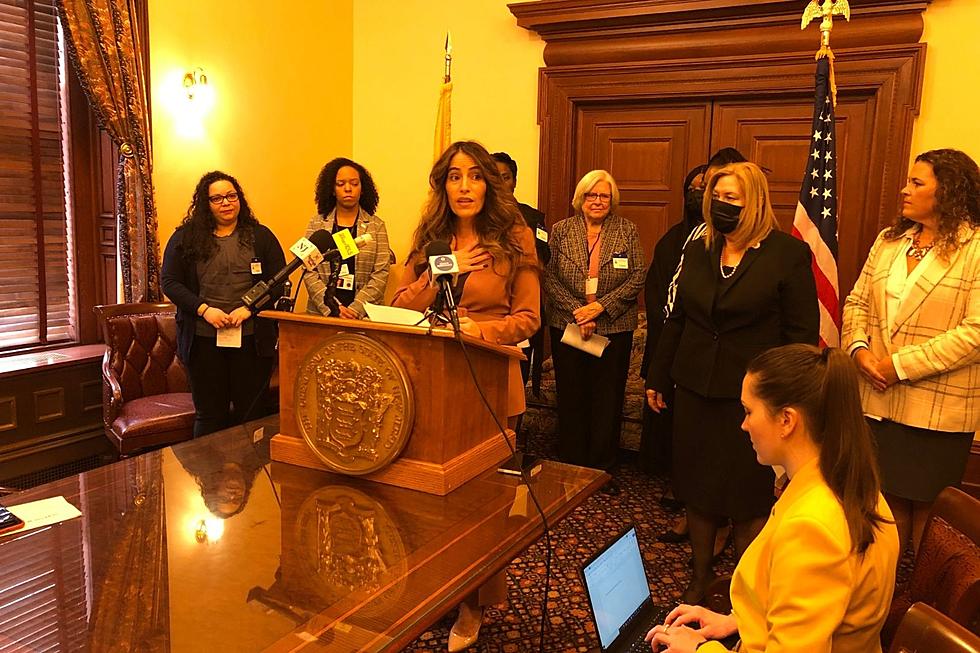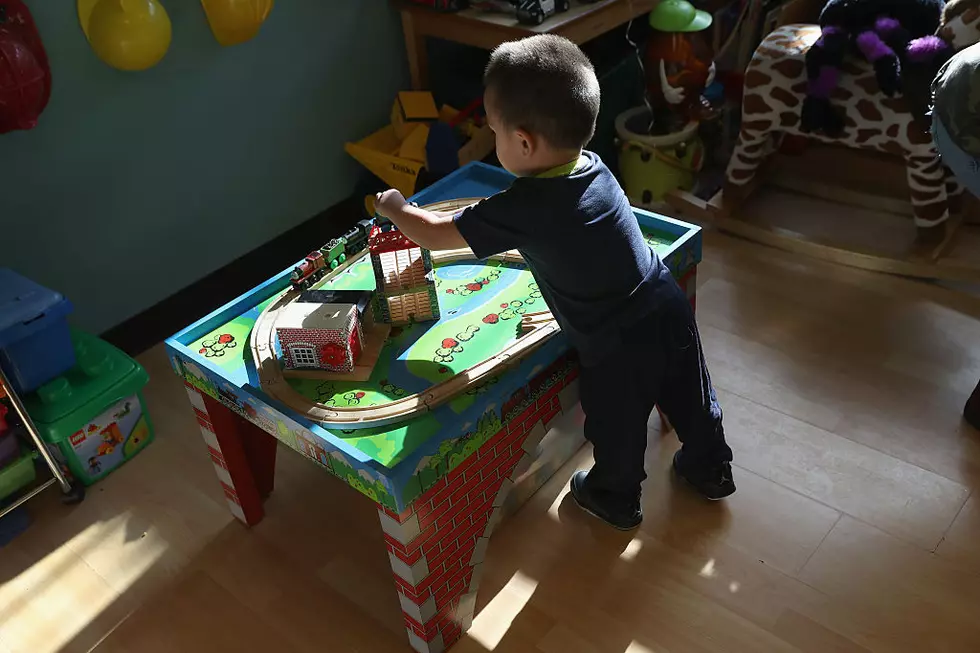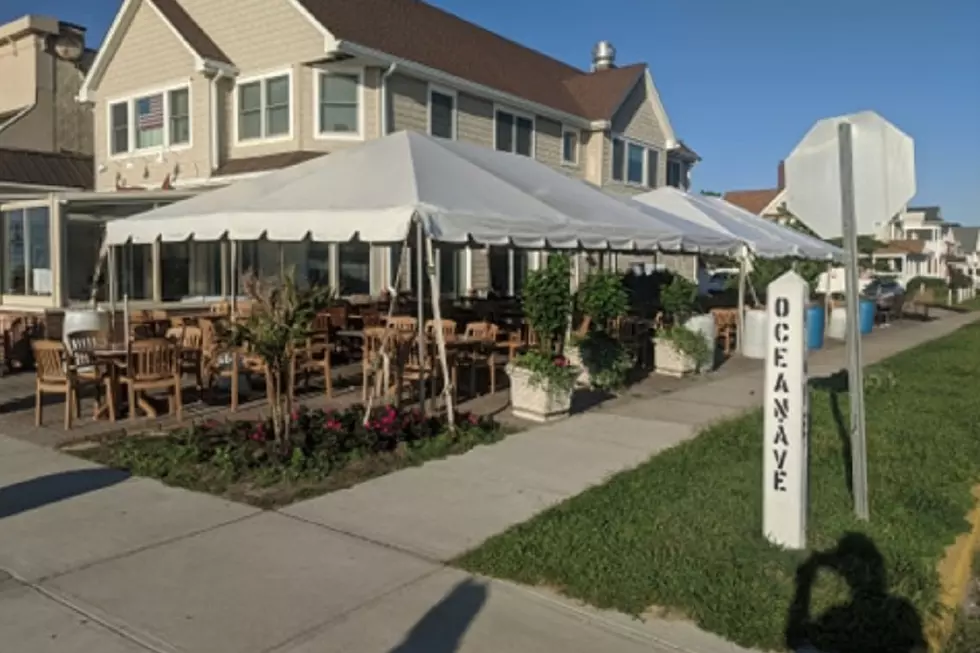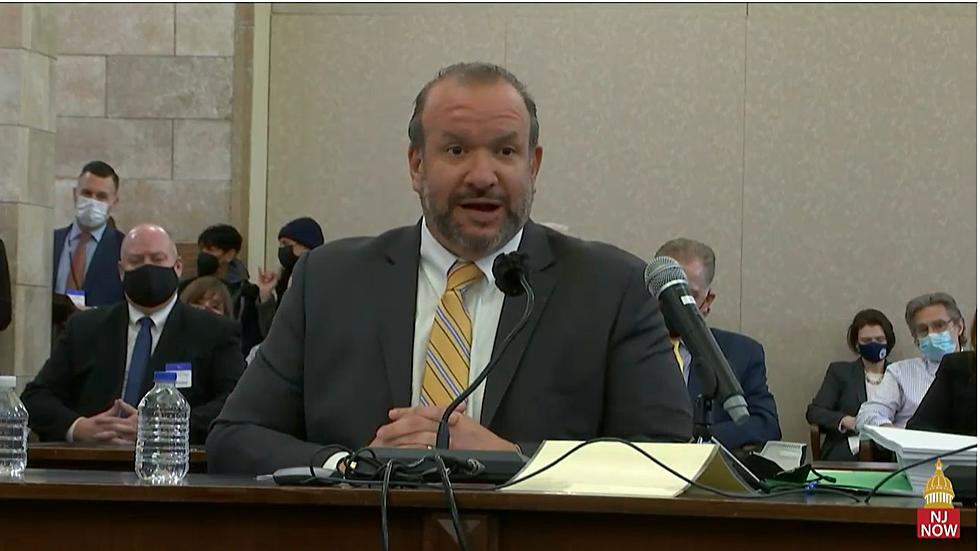
Senate Democrats have $350M plan to improve child care in NJ
TRENTON – A package of bills aimed at improving child care in New Jersey was announced by a group of lawmakers Tuesday and appears likely to be part of the discussion as the new state budget is negotiated.
The sponsors include Senate Majority Leader Teresa Ruiz, D-Essex, her first major policy initiative since ascending to the second-highest position in the Senate. She said as a budget committee member – and “a loud one,” she joked – she hopes to see at least part of the plan enacted by June.
“This to me is a common-sense approach of where government should be stepping in and making sure that we get the greatest bang for our buck,” Ruiz said.
Ruiz said the whole package of bills would cost around $350 million and that work will have to be done to identify recurring revenues to pay for it. She likened it to the gradual expansion of universal preschool that started in 2015 and is still unfolding.
“And so, what I’m saying is we have to rewind, catch children much earlier,” she said.
The details
The bills haven’t been formally introduced yet, as the Senate is in its budget recess and doesn’t have another quorum call until May 9. But the package includes nine proposals:
S2475: The bill would establish the Department of Early Childhood to provide focused and integrated development of 0 to 5 care and education.
S2476: The bill would provide funding for the expansion of infant and toddler seats by 1,000, reimbursed at $22,000 per seat. The grant program would prioritize providers in communities identified as childcare deserts, areas with high percentage low-income families, as well as those that align their childcare center with high quality preschool.
S2477: The bill would require new preschool programs or seat expansions to use private providers for at least 50 percent of their preschool slots.
S2478: The bill would extend the enrollment-based payment model currently set to expire on June 30, 2022. The bill would extend the program for three years, with a report on the impact at the end of this year and the end of the three years.
S2479: The bill would provide tax incentives to employers who provide childcare in their facilities, reimburse parents for their childcare expenses or contract with private providers so their employees can enroll their children in those childcare programs.
S1099: The bill allows a gross income tax credit for a childcare staff members who have been employed by a childcare provider or worked as a registered family day care provider for a minimum of 1,260 hours for a six month period during the taxable year.
S2480: The bill would extend childcare subsidies to families earning up to 300% of the federal poverty line. Currently, families earning up to 250% FPL are eligible.
S2465: The bill would require the Department of Human Services to establish a quality-based reimbursement system for registered family day care providers participating in Grow NJ Kids.
SJR79: The resolution would designate the first full week of April as the “Week of the Young Child” in New Jersey to recognize the importance of high-quality early childhood education that is affordable and accessible.
Cecilia Zalkind, president and chief executive officer of Advocates for Children of New Jersey, said the proposals would help center-based and family childcare and expand opportunities for quality education programs for infants and toddlers.
Zalkind said federal recovery funds have been a useful stopgap during the pandemic but this goes further.
“They’ve helped, certainly, but they’ve addressed the immediate crisis,” she said. “They are not part of a long-term comprehensive solution, which is what this package of bills does.”
The package of bills was cast by supporters as an economic imperative and a way to get working parents, particularly women, back into the workforce.
“This wraparound package of bills that are going to help with the biggest crisis we have in the state of New Jersey right now – child care,” said Sen. Nilsa Cruz-Perez, D-Camden, who said there is a shortage of workers because of the lack of available child care.
“A comprehensive child care infrastructure will empower families to seek better job opportunities, pursue higher education and promote upward mobility,” said Mariekarl Vilceus-Talty, president and chief executive officer of the Partnership for Maternal and Child Health of Northern New Jersey

Meghan Tavormina, president of the New Jersey Association for the Education of Young Children Tavormina, said the state’s economy can’t thrive without an improved child-care system.
“We have seen it through the pandemic. We’ve seen it before the pandemic,” Tavormina said. “And we need to change it now.”
Michael Symons is the Statehouse bureau chief for New Jersey 101.5. You can reach him at michael.symons@townsquaremedia.com
Click here to contact an editor about feedback or a correction for this story.
How the world saw New Jersey — 1940s to 1980s
Census 2020: The 20 biggest places in New Jersey
More From 92.7 WOBM










